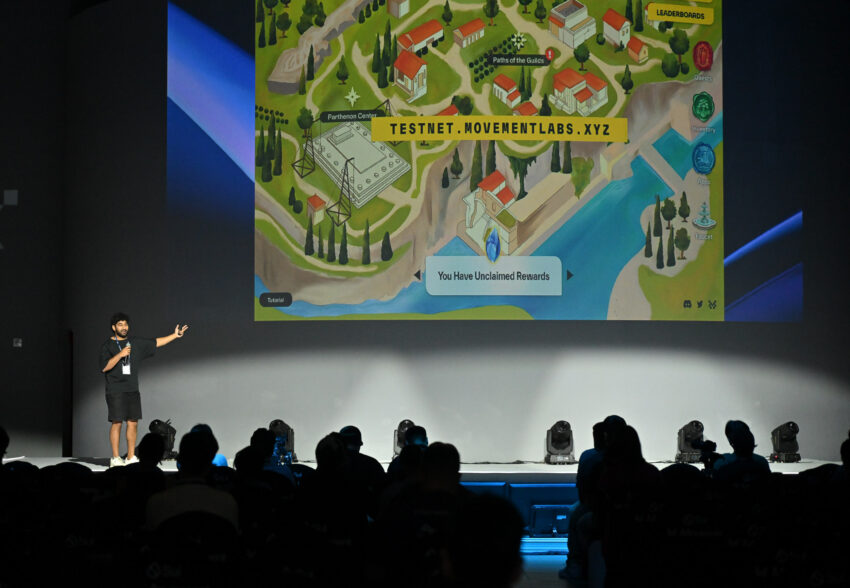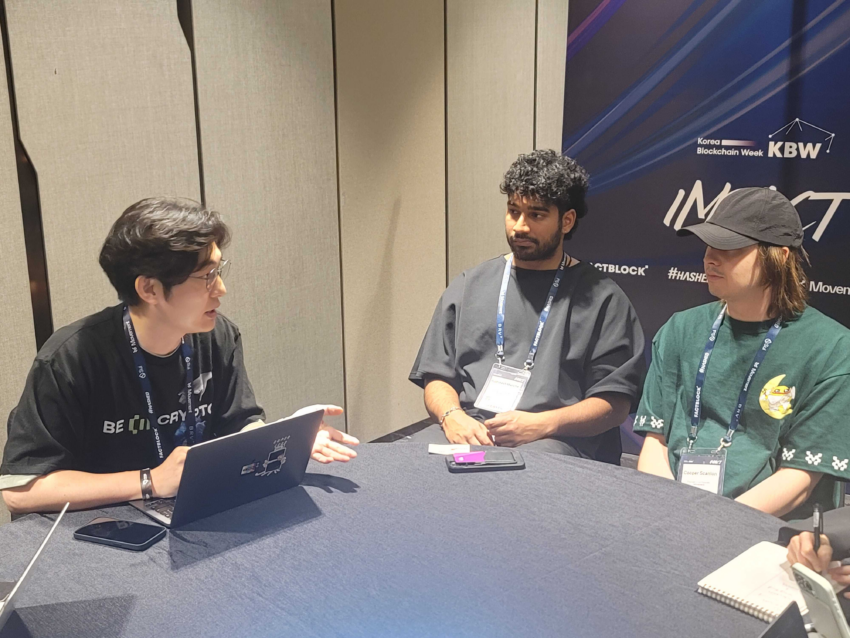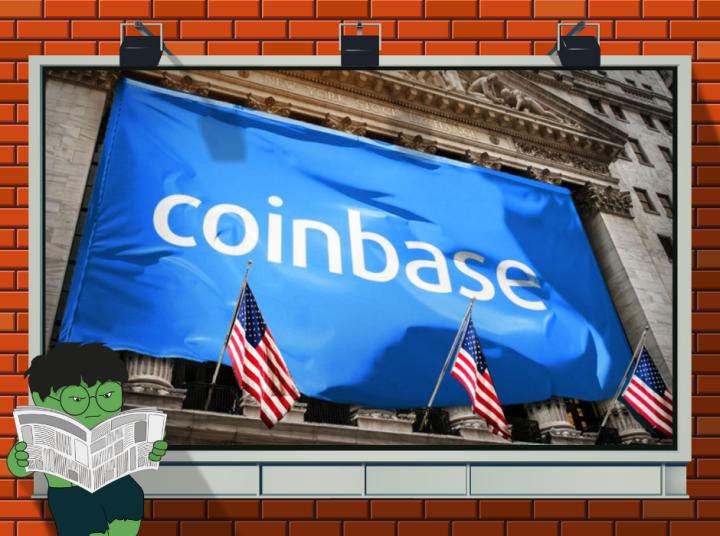Movement Labs is a startup project that raised $38 million in Series A funding earlier this year, and has recently gained global attention for its layer 2 blockchain called Movement.
The two founders, Lucy Manche and Cooper Scanlon, were students at Vanderbilt University. They met in college and quickly bonded over their mutual passion for blockchain technology, dreaming of starting a business together, which led them to drop out of college in 2022 and found their company.
Despite the mainnet not yet being launched, the movement is attracting market interest for three main reasons:
First, it uses Move, a programming language developed by Meta (formerly Facebook) when it was doing blockchain business. Meta gave up the blockchain business due to regulatory issues, and former employees of the relevant department founded Aptos and Sui.

The second reason is that they belong to the “layer 2” sector, which has been very popular in the crypto industry since last year and early this year. Layer 2 is widely used to lower transaction costs while maintaining the security of Ethereum. It has many advantages for attracting early users or token sales.
The final reason is that it aims to be a “multi-chain” layer 2 that can transfer assets between different blockchains. While the Ethereum layer 2 market is already saturated, there are no notable success stories of multi-chain projects yet, making it a relatively unexplored area of the market.
The team has already made significant progress in their technology development. They launched a public testnet in late July, and recent tests have shown up to 12,000 transactions per second. The highest TPS layer 2 on Ethereum right now is Polygon , at around 190 TPS.
In a recent interview, the two founders revealed that several financial institutions have expressed interest in their project.
Q. As a Layer 2, what areas will the Movement specialize in?
We plan to focus on absorbing stable coin demand. This is an area where there is high market demand, and we think that if we can make transactions much faster using Layer 2, we will have more users. We are also very interested in the gaming area. We want to attract game users, especially on mobile devices.
Q. What are the advantages of the movement compared to other layer 2?
It is fast, has excellent performance, and is highly effective in responding to hacking.
Q. Many Ethereum Layer 2s have been introduced, but many fail to sustain impressive results after the initial excitement. How does Movement plan to address this issue?
That's right. The Layer 2s that have come out so far haven't really improved the Ethereum user experience. They've got the speed and transaction throughput, but they're not supported and they haven't really increased usage. We believe that because we've solved these problems, we'll see different results.
Read more: Aptos Crypto (APT): A Guide to What It Is and How It Works
Q. The US presidential election has sparked a debate on blockchain/cryptocurrency industry policy. As Meta’s example shows, the regulatory environment has a lot to do with the cryptocurrency industry.
The most important thing in the discussion of cryptocurrencies around the world is policy. In the United States, government support has a huge impact on the growth of projects. Clear regulations that determine the direction of token launches and project foundations are important. In addition, the government should provide consistent guidance in case of disputes between stakeholders during the application process.

Q. You are showing a lot of interest in the Asian market. Please tell us about your global business direction.
We are active in more than 20 developer communities around the world, including Vietnam and Thailand, and are looking to activate in other countries as well.
We focus on emerging markets with high growth rates. We want to provide opportunities for users from various chains to move into emerging markets. Our vision is to have a global community where professionals can learn new languages and attract users from all over the world.”
Q. Movement Labs is an official conference partner of Korea Blockchain Week this year. Why are you particularly interested in Korea, as you haven’t been involved in other conferences in Asia during the same time period?
Looking at the success of Aptos (APT) and SUI (SUI), Korea seems to be a country where the movement ecosystem can be well established. The consumer ecosystem seems to be strong. Most of the Move projects have been successful in Korea so far. That's why we became an official partner of KBW this time. Korean investors seem to be very interested in apps that use the Move language.
We are actively working with Korean game companies, we are in discussions with one or two teams, and we are talking to one company about mobile apps. In terms of mobile apps, we are very interested in how to onboard Gen Z.







